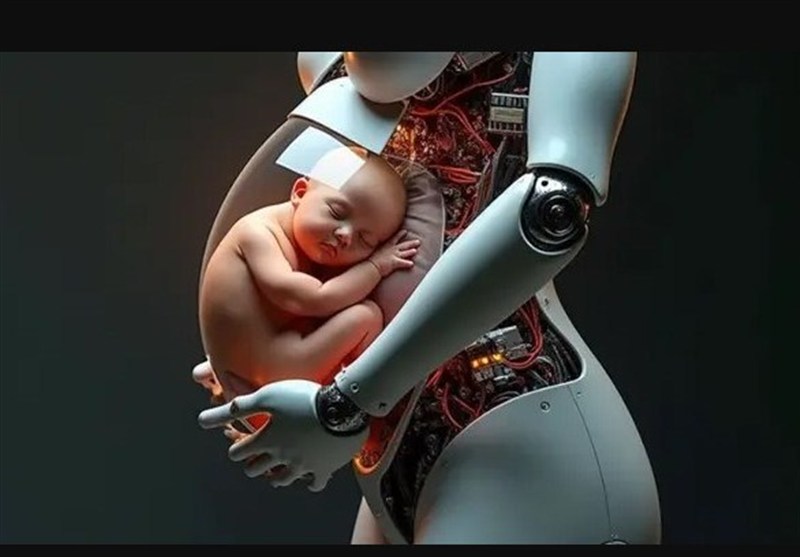TECHNOLOGY

CHINA TO LAUNCH WORLD’S FIRST PREGNANCY ROBOT WITH ARTIFICIAL WOMB BY 2026
China is preparing to unveil a revolutionary innovation that could redefine childbirth — the world’s first pregnancy robot powered by an artificial womb.
The project, developed by Kaiwa Technology in Guangzhou, is expected to make its debut in 2026. According to Dr. Zhang Qifeng, the project lead who spoke at the World Robot Conference in Beijing, the science behind the technology is already strong, with the next step being its integration into a humanoid robot capable of managing an entire pregnancy.
Artificial womb technology isn’t entirely new. In fact, scientists in the United States successfully kept premature lambs alive for weeks in “biobags” filled with artificial amniotic fluid back in 2017. However, what sets Kaiwa’s work apart is its ambition — creating a robot that can handle the full gestation process, from fertilization all the way to birth.
The artificial womb mimics the natural environment of a uterus, with artificial amniotic fluid and a tube acting as an umbilical cord to provide nutrients and oxygen to the growing embryo.
One striking aspect of this innovation is the cost. The pregnancy robot is projected to be priced at around 100,000 yuan (£11,000) — far cheaper than traditional human surrogacy.
The move comes in response to China’s growing infertility crisis, with millions of couples struggling to conceive naturally. Experts believe that if successful, this development could reshape reproductive technology, offering hope to families worldwide while also sparking ethical debates about the future of childbirth.
"This represents a significant development in our ongoing coverage of current events."— Editorial Board









